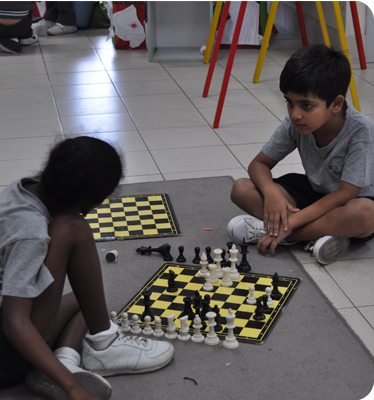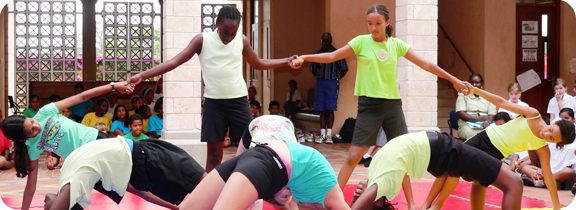
Sporting Activities
One of the goals of the Aga Khan Academy, Dar-es-Salaam is to create principled young people with a strong sense of integrity, honesty, fairness and justice, who respect the dignity of others.
Physical education, and competitive games and sports prepare our students for real-life situations, encouraging them to take leadership roles and allowing them to tackle challenges confidently and in a spirit of cooperation.
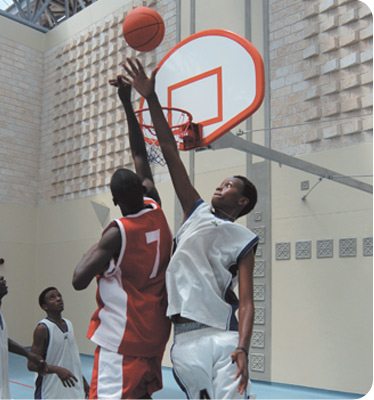 Inter-School Sports
Inter-School Sports
Our students will have the opportunity to represent their school in various sports, such as swimming, cricket, rounders, basketball, hockey, netball, football and athletics.
Teams will cater to students of all ability levels.
Clubs
We will also offer a diverse selection of sporting activities for our students during after school clubs.
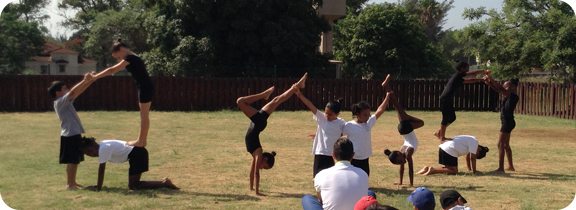
Sporting Activities
One of the goals of the Aga Khan Academy Maputo is to create principled young people with a strong sense of integrity, honesty, fairness and justice, who respect the dignity of others.
Physical education, and competitive games and sports prepare our students for real-life situations, encouraging them to take leadership roles and allowing them to tackle challenges confidently and in a spirit of cooperation.
Inter-school sports
Our students will have the opportunity to represent their school in various sports, such as swimming, cricket, rounders, basketball, hockey, netball, football and athletics.
Teams will cater to students of all ability levels.
Clubs
We will also offer a diverse selection of sporting activities for our students during after school clubs.
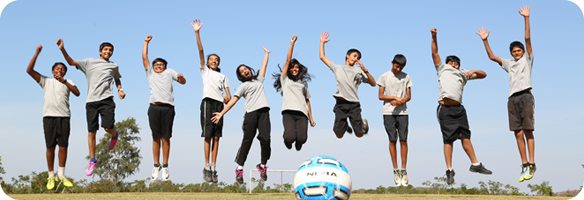
Student Leadership
The Academies’ programmes aim to develop students who are ethical, public-minded and who possess a pluralistic outlook. Both curricular and enrichment activities work to educate effective home-grown leaders who are actively engaged in their local communities and are aware of the implications of their actions.
Through their participation in enrichment programmes, students are encouraged to take on leadership positions in a variety of different forms (e.g. house leaders, student council, team captains, dorm duties).
Not only do these opportunities provide an environment to explore and enhance skills such as cooperation and problem solving, they also enable students to set personal goals and challenge themselves.
"The conviction that home-grown intellectual leadership of exceptional calibre is the best driver of a society’s destiny, underpins the Ismaili Imamat’s endeavour to create catalytic centres of educational excellence."
Virtual Open Days
Visiting a school is usually all about the people; being able to get a sense of the teachers who will be guiding and nurturing your child, seeing the current students and trying to envisage your child amongst their new peer group! Whilst that is not possible at the moment due to the global pandemic, we at the Aga Khan Academy Hyderabad still very much want to meet you. As a group, we have put together a video that will allow you to meet the team and gain further information about the school through the website.
Our Virtual Open Days (VOD) aim to give you an introduction to the Academy, but we also understand there is plenty left to discuss beyond the information provided and the staff is eagerly looking forward to speaking to you in person. The event is being hosted by the Admissions team and each session is divided into a virtual tour of the school hosted by our students and members of staff, followed by a Q&A with our leadership team.
Register to join one of our upcoming Virtual Open Days!
Click here to express your interest to be a part of our Virtual Open Days in February. Our Admissions team will get back to you when the dates are confirmed.
The Aga Khan Academy Hyderabad is a special place, where a sense of community and family runs through everything that we do. We hope this Virtual Open Day gives you an idea of our vision, our people and our campus. We look forward to welcoming you in person in the near future. We hope to #SeeYouSoon!
For further information, please feel free to reach out to our Admissions team
Tanya Kakkade: Chasing Big Dreams
Limitless opportunity and a chance to excel can provide the motivation for even the young to do whatever it takes to improve their lives. Grade eight student Tanya Kakkade believes that her education and growth at the Aga Khan Academy, Hyderabad will enable her to pick and choose from the top universities in the world.
The attraction of those possibilities drove her to leave her previous school in Chennai and come to Hyderabad. “I’d always wanted to join a residential school, but the Academy hadn’t been built last year and no grade eight program. This school has a lot of opportunities once you finish; it has a good way of learning and gives you leadership qualities.”
She likes the fact that the AKA doesn’t just focus on education and career development but also on becoming well-rounded adults, encouraging students to participate in a number of activities. Tanya also enjoys being able to try new things at the school during her free time and participating in clubs that will help her in the future, including theatre and publications.
“I want to become a layer; I enjoy fighting for rights and arguing. I can imagine myself getting out of school and getting a lot of job offers or applying for top universities.”
While Tanya left her family behind in Chennai, she hasn’t felt that going to school in Hyderabad has been particularly challenging.
“The school is like a family, so you don’t always miss home [and] they never make us feel homesick. My parents miss me a lot but they say that it’s for [my] education and the AKA is the best school so [they] sacrifice a little fear for [my] good future.”
With her passion for human rights, it’s obvious that Tanya has the makings of a successful professional in the legal field. “I’ve not decided yet, but I’d like to become a business lawyer. I always wanted to go [overseas], maybe apply to a lot of universities and pick from the best.”
In Tanya’s mind, regardless of her future plans, her experiences at the Aga Khan Academy have begun to give her a foundation that she can be proud of.
Identifying Talent to Produce Home-Grown Leadership
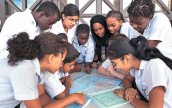
Aman eyes Asian glory after twin national gold in cycling
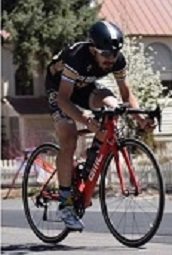
AKA Hyderabad architect to receive Padma Shri award
Dr. Bimal Patel, winner of the Aga Khan Award for Architecture in 1992, will be conferred the prestigious civilian award for his contributions to urban design, urban planning and academics.
Tanzanian Girl Shines in Mombasa Table Tennis Tourney
Tanzanian paper, Sunday News, talks to rising table tennis star and Year 8 Academy student, Sara Alidina.

Photography Workshop at AKA, Hyderabad
Award-winning photographer Fredric Roberts led a week-long workshop at AKA, Hyderabad for 20 students selected from the Academy and a local Aga Khan Foundation education programme. The students, and some of their teachers, learned professional techniques which they used to take pictures at the Academy and at nearby AKDN projects. See some of their pictures here.
Newsletter readers please click here to return to the newsletter (browser version)
